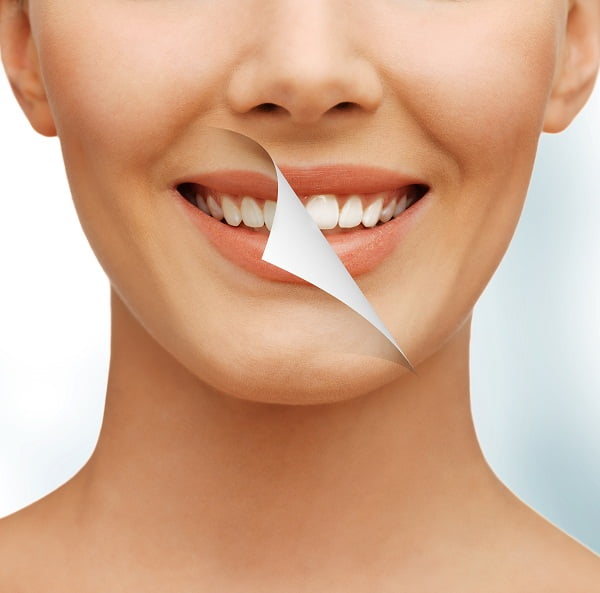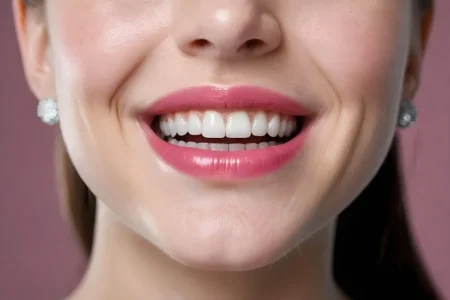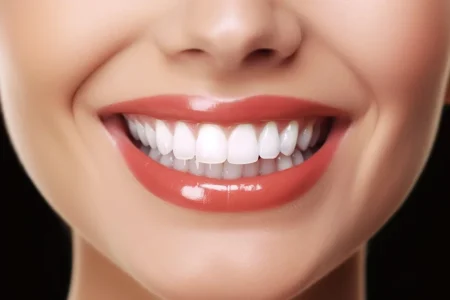Tips for the prevention of tooth sensitivity
Tooth sensitivity can be prevented by practicing certain healthy habits. Important tips for avoiding tooth sensitivity are described in this article.
Maintain a healthy oral environment
Maintaining oral hygiene is essential not only for preventing tooth sensitivity but also for healthy teeth and healthy mouth. There are certain things which should be done in order to achieve a healthy mouth.
- Brushing should be the key of the day and the lock of the night. It means that teeth should be brushed after waking up and before going to bed.
- It is even better if fluoride toothpaste is used once in a day
- Try using toothpaste specially designed for sensitive teeth
- Change the toothbrush every two to three months, or sooner if needed
- Avoid brushing straight after eating because some foods and drinks tend to soften the enamel of the teeth, so a gap of one hour is advisable between eating and brushing
- Use whitening gel for sensitive teeth to reduce discomfort and achieve whiter, brighter teeth.
- Clean other areas of the mouth like tongue, inner cheeks and mouth roof
- Rinse the mouth every time after eating
- Avoid eating sweets before going to bed
- Floss between the teeth once in a day
- Rinse the mouth with an anti-bacterial mouthwash
Use a proper brushing technique
Brushing should be done in a certain way. If not done properly, it may affect the teeth and can lead to gum recession, enamel erosion and many other issues. Below are given key points to be remembered while brushing:
- Choose a toothbrush with a small soft-bristled head
- Grip the toothbrush gently with finger pressure
- Hold it at an angle of 45-degree against the gum line
- Gently move the brush back and forth in short strokes
- Avoid brushing teeth from side to side
- Brush each and every corner of the mouth including the outer surfaces, the inner surfaces, and the chewing surfaces of the teeth
- Clean the inside surfaces of the front teeth by tilting the brush vertically and make up-and-down small strokes
- Do not use extra force during tooth brushing as it may leads to tooth abrasion and gum recession
Use a mouth-guard if needed
If an individual has a habit of grinding teeth while sleeping, it is advisable that he/she should start to wear a mouth guard before grinding makes the situation worse.
Take a break from bleaching
Bleaching makes the teeth shiner and whiter. But the side effects of bleaching include tooth sensitivity and occasional irritation of the soft tissues in the mouth. In order to prevent tooth sensitivity, bleaching should be avoided.
Regular dental visit
Taking good care of teeth means much more than brushing and flossing. For complete care, it is important to visit the dentist at regular intervals like every six months. Dentist visit may include a regular check up of the entire mouth and a professional cleaning of your teeth.
Develop a good dietary habit
A healthy diet is equally important for fighting tooth sensitivity. A healthy diet can be maintained by following the below-given tips:
- Avoid eating acidic fruits like pineapple, grapefruit, lemons, and limes or drinking acidic beverage like fruit juices, sports drinks, soft drinks, yogurt, red and white wine in order to prevent the erosion of teeth
- Avoid frequent chewing of hard food like ice, bones, nuts etc
- Have sugary foods less often. Try to have them just at mealtimes.
- Avoid eating sticky food like caramel and chocolates
- Eat foods rich in oxalic acids like spinach and banana
- Incorporate dairy products in diet like milk and cheese
- Include high fiber foods in diet like dry fruits, fresh fruits and fresh vegetables
- Drink at least 4 litres of water every day
Develop a healthy lifestyle
Maintaining a healthy lifestyle is very essential for every individual. By adopting certain habits, a balanced and healthy lifestyle can be achieved:
- Have adequate sleep to feel fresh and release any anxiety or stress so that tooth grinding can be reduced.
- Indulge in some physical exercise to be fit and healthy
- Avoid alcohol as it contains sugar and acids which are very harmful to the teeth and increases the chance of tooth sensitivity
- Avoid smoking as it increases the chances of developing periodontal (gum) disease.
- Using any form of tobacco (pipes, cigars, and smokeless tobacco) increases the risk of oral and throat cancers and oral fungal infection.
- Smokeless tobacco contains sugar which increases the risk of tooth decay. Eventually, it leads to tooth sensitivity.







